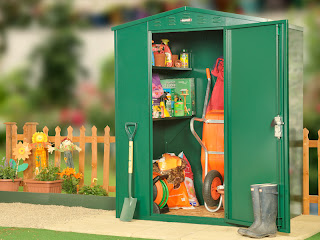Valuable items in your garden shed
· Average of £600 worth of bikes
· Lawnmowers in our shed average at £250
· On average we have £450 worth of garden tools
· The average amount of garden furniture we have adds up to £350
· Children’s toys average at £230
Now that you know the amount of money that is sitting in your garden shed, you should be more careful and aware when it comes to storing your garden items. Putting a lock on your garden shed is the very least you can do to protect your garden shed from break ins and theft.
· On average we have £450 worth of garden tools
· The average amount of garden furniture we have adds up to £350
· Children’s toys average at £230
Now that you know the amount of money that is sitting in your garden shed, you should be more careful and aware when it comes to storing your garden items. Putting a lock on your garden shed is the very least you can do to protect your garden shed from break ins and theft.
If you would like something more substantial, than your average wooden garden shed, Asgard has a range of metal garden sheds, designed to provide fantastic protection from theft. Made from tough weatherproof steel, these metal garden sheds are fitted with tough pick resistant locks to help keep thieves out. Find out more about Asgard metal sheds on their website.









